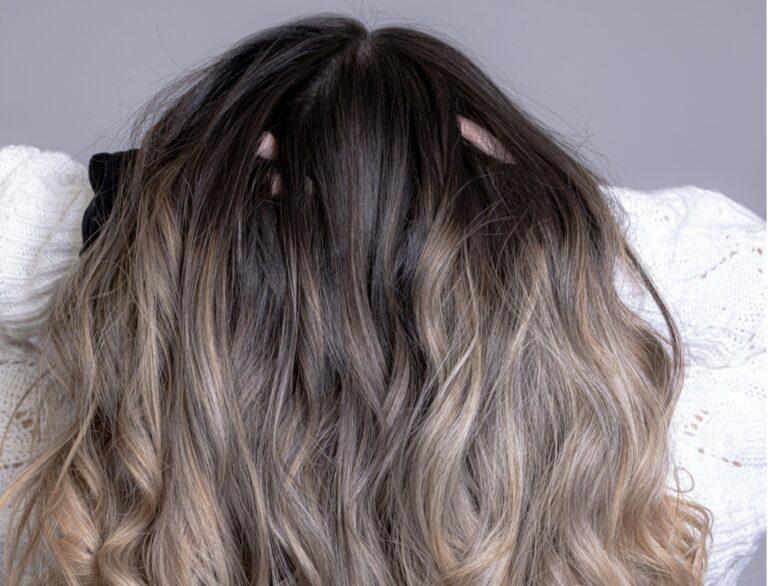Grey hair was still a hush-hush topic when I was 20, and greying. Premature greying wasn’t as common as it is now and I’d find myself looking up ways to cover up greys without pulling them out or colouring them – because apparently if you pulled one out, two more would grow back from the roots. And the more you coloured your hair, the faster it turned white.
These ideas seemed illogical to me even then, but people spoke of them with such conviction that I had no other option but to fall prey to these beliefs. Until I grew up and learned the truth.

White & Grey Hair Beliefs That Are Total Myths
Myth: If you pluck out one strand of grey hair from the root, more grow out.
Fact: This is an old wives’ tale that holds no ground. If you pull out one grey strand, it is most likely that another one will replace it.
That being said, plucking out hair from the roots isn’t the best option as it can damage the hair follicles and lead to hair thinning.
Myth: Dyeing/colouring hair causes hair to grey faster.
Fact: Harsh chemicals can slowly deteriorate the quality of the hair, but that doesn’t cause the strands to turn grey faster. Over colouring hair can cause the strands to become more brittle and dry but everything can be managed with a good leave-in conditioner or hair mask.
Myth: Grey hair is coarser than your pigmented hair.
Fact: Grey hair can feel thicker and rougher than your coloured hair which makes more people believe in this myth. But the truth is that once your hair turns grey and the follicles stop producing melanin, they also reduce sebum production. The natural oils that keep your hair feeling softer and looking shinier are no longer there
Myth: Stress leads to grey hair
No, your job, boss, or exams aren’t to blame for your hair turning grey. Stress can lead to multiple other health and psychological issues, but there’s no proof that stress is one of the factors to turn your hair grey faster.
What Actually Plays A Role In Turning Hair Grey?
Genetics
If your family has a history of premature grey hair, those genes will likely be passed down to you as well.
Ageing
With age, the hair follicles produce lesser melanin – the pigment responsible for hair colour. With age, the potency of melanin significantly declines and the hair follicles also struggle to retain the colour.
Lifestyle factors
Nutritional deficiencies, smoking, a polluted environment, and a few medical conditions can expedite the process of hair turning grey.
Like most things to do with the body, hair type, and colour is also a case-by-case situation. If your hair is turning grey faster than you expect, it isn’t the end of the world. You can either embrace it or take the chance to experiment with different hair colours!
Featured Image: Unsplash



